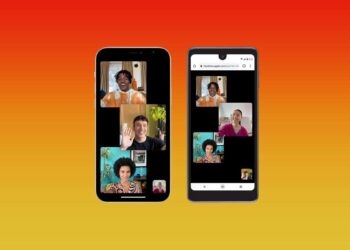Samsung, the world’s largest maker of smartphones and Apple’s biggest rival in the market, has been leaning in to new generative AI features — photo editing, email and summary writing, real-time language translation — since the start of the year. It continued that trend at its Samsung Unpacked event last week, introducing new versions of its Galaxy Z foldable phones and a new Galaxy Ring wearable that put AI center stage.
The company’s news comes a month after Apple announced its AI strategy, saying it’ll deliver new AI features and services, called Apple Intelligence, in the iPhone starting this fall.
The $400 Galaxy Ring wearable, shipping later this month, works with a Galaxy phone to deliver personalized health analysis with the help of AI, including tracking your sleep and energy levels. “Samsung aims to differentiate itself from other fitness and health trackers by offering more personalized recommendations via Galaxy AI, including a feature called wellness tips,” CNET’s Lexy Savvides reported. “This might be advice on anything from exercise goals to sleep. For example, if the Galaxy Ring identifies that you take a while to fall asleep, it might recommend meditation before bed.”
As for the new Galaxy Z Fold 6, with its 7.6-inch inner screen, AI is helping drive a new Conversation mode in the Interpreter app that “will make it possible to use the front screen and inner screen simultaneously, that way the person you’re speaking with can see what you’re saying in their native language and vice versa,” said CNET reviewer Lisa Eadicicco.
But the push for AI in smartphones doesn’t guarantee that people will do the thing Apple and Samsung want them to do most: upgrade more often.
For the past decade, most US consumers have held on to their smartphones for about three years, according to Statista. That may be due to the fact that the devices work just fine, that premier phones are pricier than ever (at over $1,000), or that besides camera upgrades,…
Read the full article here






